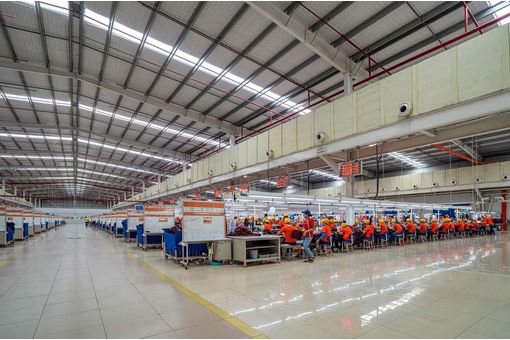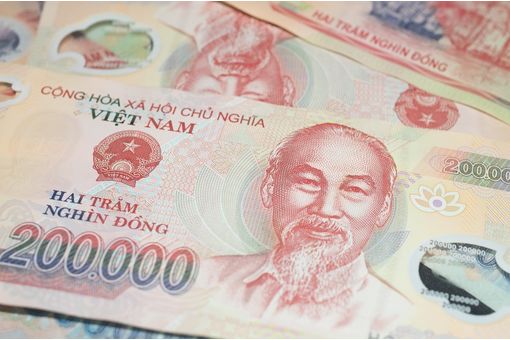EURATEX welcomes initiative on due diligence; warns difficulties ahead

EURATEX has also warned about the impact of new legislation on an industry severely hit by COVD-19. The own-initiative legislation was voted in the European Parliament with 504 in favour, 79 against and 112 abstention.
"EURATEX welcomes the broad consensus registered around several important points, such as harmonisation of legislation at European level instead of pursuing national approaches, and the principle of proportionality. However, the seriousness of unintended consequences especially in difficult economic times appears still not thoroughly understood," it said in a statement.
European harmonisation would avoid chaos across Europe on necessary requirements, it would minimise the confusion over the interpretation of “responsible business conduct” and it may support level playing field. However, fair enforcement and the related operational challenges are not sufficiently considered, according to EURATEX.
"Proportionality is a very crucial principle in the debate on due diligence. The Small and Medium Size Enterprises (SMEs) do not own the capacities of larger companies and they are very much exposed to unintended consequences of legislation, even if its purpose is good. EURATEX appreciates the acknowledgement in the report that SMEs need to have 'less extensive and formalised due diligence processes' and further support and information. However, the scope shall be further clarified and spare all SMEs from un-appropriate legal requirements," the statement added.
The implementation of due diligence requirements will also bring negative impacts on the European value chain that, in EURATEX’s experience, on-line support tools can hardly avoid. Policymakers should properly assess the operational aspects in the elaboration of requirements in the upcoming proposals. It is essential to avoid new threats and additional costs, including those from administrative burdens for the industry and, specifically, for SMEs, EURATEX said.
Recent years’ experience shows how due diligence is a process that needs to be adapted to individual companies. It should be proportionate to size, sourcing model and the capacity of a company in the supply chain. It needs to be balanced with risk and potential adverse impact.
EURATEX has insisted that policy proposals - to be effective - should be based on a “smart mix of measures”, combining incentives and support to responsible practices. The established industry-specific schemes, also referred as “safe harbour approach”, should be accepted as a tool to recognise compliance with regulation. The EU may support businesses in adopting traceability solutions. These actions may be instrumental to remove barriers on actual data-exchange, hence facilitate due diligence, it said.
“After many years, a milestone on due diligence has been reached, but the difficult debate on implementation is yet to start,” said Mauro Scalia, EURATEX director of Sustainable Businesses.
Fibre2Fashion News Desk (RKS)
































-Ltd..jpg?tr=w-120,h-60,c-at_max,cm-pad_resize,bg-ffffff)





.jpg?tr=w-120,h-60,c-at_max,cm-pad_resize,bg-ffffff)
.jpg?tr=w-120,h-60,c-at_max,cm-pad_resize,bg-ffffff)






